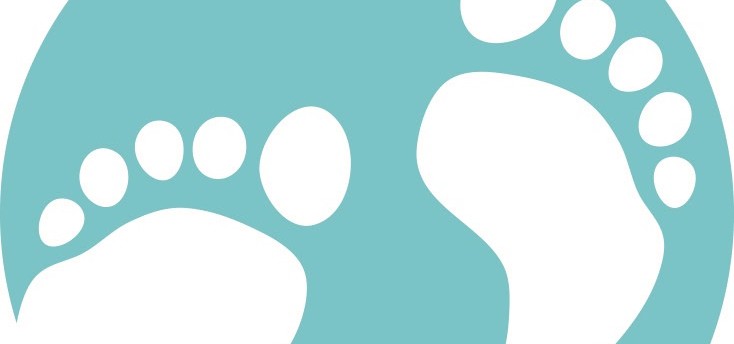Podiatry (also known as Chiropody) is a branch of medicine that specialises in the diagnosis, prevention and treatment of disorders of the human foot, ankle and lower limb.
A podiatrist is a highly skilled individual who is able to treat a wide range of conditions affecting the foot and lower limb, including:
- Corns and callus
- Dermatological conditions – psoriasis, athletes foot, verrucas etc
- Nail conditions – fungal, thickened, involuted, pincer shaped etc
- Musculoskeletal conditions – bunions, toe deformities, painful joints, heel
pain, sports injuries etc - Paediatric conditions – Osgood schlatter disease, Sever’s disease etc
Medical conditions that affect the feet can benefit from regular podiatry input. Such conditions are wide ranging and include:
- Diabetes
- Gout
- Osteoarthritis
- Rheumatoid arthritis
- Systemic Lupus Erythematosus
- Multiple Sclerosis
- Polymalgia rheumatic
- COPD (Chronic obstructive pulmonary disease)
- Peripheral Arterial Disease
- Peripheral Vascular Disease
- Heart disease and those who have had heart surgery, stents, pacemakers etc
- Liver or kidney disease
- Cancer
- Immunosuppressed conditions
There is also a social need for podiatric care which is catered for. This includes people who perhaps are not able to self-care and need help to maintain healthy feet.
